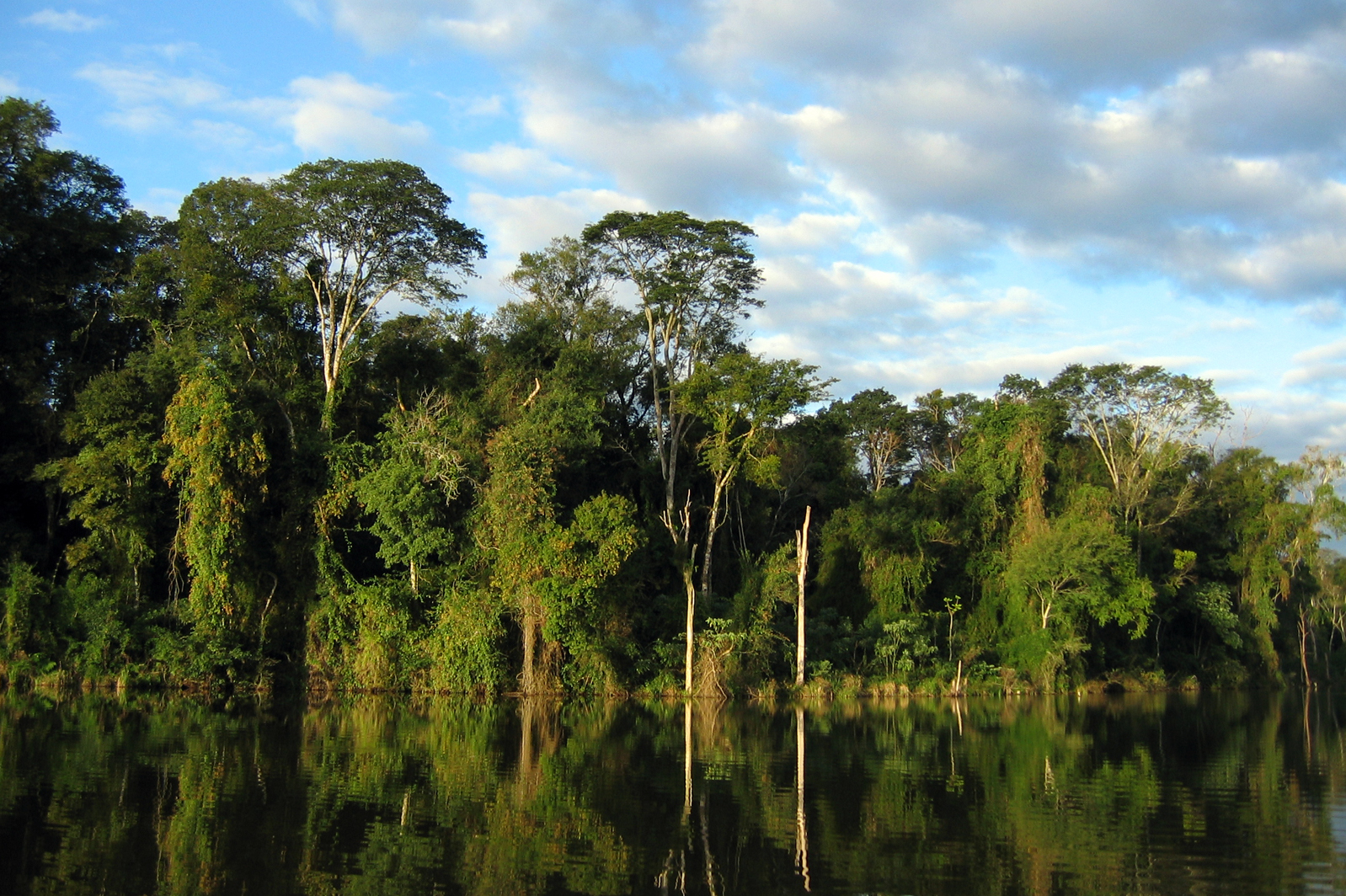
Paraguay authorities have arrested 26 suspects, dismantled two criminal networks, and identified 12 companies engaged in systematic illegal deforestation and trafficking of native tree species. The Paraguayan government, along with INTERPOL and 14 other agencies, launched Operation Panthera Onca to combat environmental crimes and the exploitation of natural resources in the Tri-Border Region where Paraguay, Brazil and Argentina meet.
For two weeks, officers conducted border inspections, river patrols, and forest monitoring using helicopters and satellite technology. Their efforts were concentrated along key areas of the Paraná River, including regions near the Itaipu power plant, the International Friendship Bridge, the Integration Bridge and the mouth of the Monday River, as well as the Moisés Bertoni Natural Monument located south of Presidente Franco .
The Paraguayan government stated that the operation’s main goals were to reduce the impact of forestry crimes, strengthen control in the most vulnerable areas, and better protect the country’s natural resources. Authorities also prioritized strategic planning for future actions by mapping potentially vulnerable locations, ensuring more effective prevention of environmental crimes.
In the operation, Paraguayan authorities identified 28 distinct criminal offenses, resulting in the seizure of 1,000 logs and 250 posts of quebracho wood, a species known for its significant commercial value. INTERPOL facilitated extradition proceedings, successfully returning a fugitive wanted under an INTERPOL Red Notice for fraud to Brazil, while another individual was sent back to Brazil to serve a 15-year prison sentence for charges of drug and arms trafficking.
INTERPOL’s assistant director for environmental security, Kat Henn, stressed the need for multi-agency cooperation, stating:
Illegal deforestation, which ranges from document fraud to money laundering and corruption. We need continued cross-border cooperation and intelligence sharing to dismantle these criminal networks that profit by ravaging our environment.
The operation was carried out under the Law Enforcement Assistance Program (LEAP), a joint effort supported by Norway’s International Climate and Forests Initiative (NICFI) and the US Forest Service, demonstrating a strong international commitment to tackling environmental crimes that jeopardize biodiversity, harm communities, and threaten sustainable trade.
Deforestation in the Paraguayan Chaco, on the other side of the country, also remains a major concern. In 2019, it peaked with approximately 244,324 hectares lost, representing 78% of the forest at that time. This deforestation is driven by large-scale cattle ranching and soybean farming, threatening biodiversity, climate stability, and indigenous communities, such as the Ayoreo Totobiegosode. According to Global Witness, if current trends continue, the Chaco could disappear entirely by 2080, leading to severe environmental and social impacts.
From JURIST, Dec. 17. Used with permission.
See our last reports on the Tri-Border Region, the Chaco, and the Ayoreo.
Photo: Ilosuna via Wikimedia Commons




